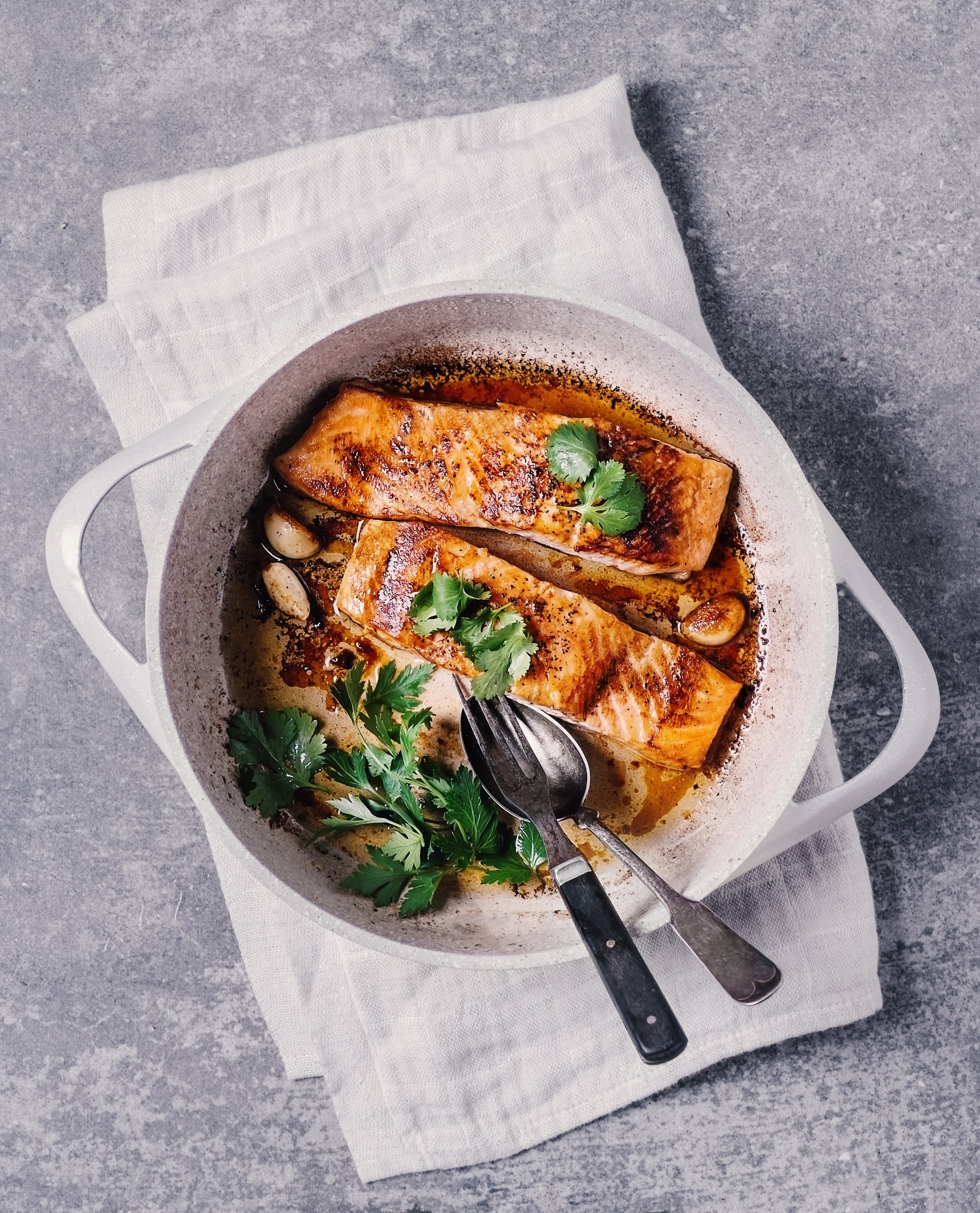

It's pretty easy to see why the Mediterranean diet keeps topping the charts year after year - it's been proven to be one of the most effective diets for weight loss, while also helping to prevent disease and extend your life. And if you decide to give it a try, you'll likely find that it's much easier to follow than other diets - as in, you can have wine and chocolate. The foods that make up this healthy plan include fresh produce, legumes, whole grains, healthy fats, seafood, and lean meat. Sounds pretty good so far, but is it really as simple as it sounds? POPSUGAR spoke with two experts to find out what it really takes to tackle the Mediterranean diet.
Related: These Mediterranean-Inspired Breakfasts Are Perfect For Busy Mornings or Weekend Brunch
Do You Have to Count Calories on the Mediterranean Diet?
"This style of eating is based on the traditional eating habits of people in Italy, Morocco, Spain, and Greece long ago," Alyssa Pike, RD, manager of nutrition communications for the International Food Information Council Foundation, told POPSUGAR. While ancient Greeks probably weren't counting calories, you may want to give it a try. "It really depends on why you are on the Mediterranean diet. If you want to lose weight, you do have to be mindful of your calorie intake," explained Jessica Cording, MS, RD, CDN.
"If you are trying the Mediterranean diet to improve heart (or overall) health, calorie counting is not as important as knowing which foods to include in your diet," Jessica told POPSUGAR. "You may need more fruits, vegetables, and heart-healthy seafood, or you may need to cut your sodium intake." The best way to determine your plan of attack? "Schedule a few meetings with a registered dietitian," she said. "They can make the Mediterranean diet easy, fun, and sustainable by helping you focus in on your goals and giving you tasty recipes to try out."
Related: This Crossover Diet Is the Healthy, Low-Carb Plan You've Been Looking For
Is the Mediterranean Diet Strict?
Alyssa pointed out that there are two big reasons why the the Mediterranean diet is healthy and practical for so many people: versatility and simplicity. "Most people can incorporate at least some part of the Mediterranean diet into their lives . . . by adding more fruits, green leafy vegetables, whole grains, nuts, seeds, unsaturated fats, and lean proteins," Alyssa said. Jessica agreed, adding, "A lot of my clients love the Mediterranean diet because you don't have to completely overhaul your current diet to enjoy the health benefits. It's fairly easy to incorporate this diet into your lifestyle."
Related: The Mediterranean Diet Will Be a Breeze Because We Can Eat These 16 Yummy Snacks!
Are There Foods You Should (Or Shouldn't) Eat Every Day?
The list of Mediterranean diet-approved foods is not a short one, so you certainly aren't expected to get all of them in every single day. There are a few, however, that Jessica recommends getting into your meals at least once a day. "Dark leafy greens (like kale, Swiss chard, and broccoli) and berries are the big ones," she told POPSUGAR. There are countless studies that advocate for daily consumption of these two foods - dark leafy greens intake has been associated with a reduced risk of heart disease and berries provide antioxidant and anticancer benefits.
As far as foods to avoid, we were happy to hear that Jessica doesn't believe in totally eliminating any foods from your diet. "The second you tell someone they can't have something, the diet is no longer sustainable for the long term," she said. Both experts agree that the focus of the Mediterranean diet is on your everyday behaviors and not those once-in-a-while treats.

0 comments :
Post a Comment